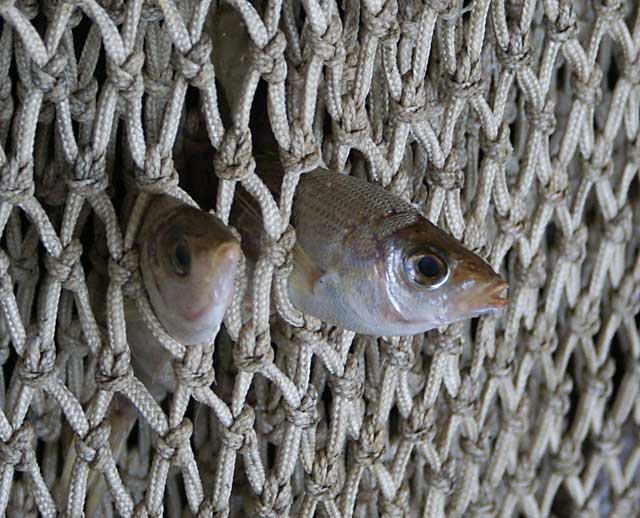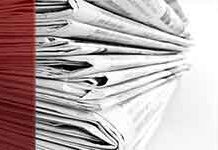New research reveals that Europe could not feed itself on fish from EU waters for more than 189 days a year, and from today is dependent on fish caught elsewhere.
Consuming far more than our depleted European seas can produce is making the EU increasingly dependent on fish from elsewhere, according to a new report from leading independent think-tank nef (the new economics foundation) and OCEAN2012, published today, Friday 9 July 2010.
 © Sarah Lelong
© Sarah Lelong
The report, Fish Dependence: The increasing reliance of the EU on fish from elsewhere, provides a clear demonstration of this unsustainable trend by mapping resources onto a calendar year and then finding the day when the EU effectively starts to live off the rest of the world. It shows that:
– If the EU were only to consume fish from its own waters, it would effectively run-out of fish on 8 July 2010, making it wholly dependent on imported fish from around the world from 9 July onwards, based on current levels of consumption.
– Since 2000, the EU's Fish Dependence Day has occurred earlier and earlier in the year and is now nearly a month sooner, revealing an increasing level of fish dependence.
– For a number of member states the specific date from which they become dependent on fish imports is: Spain, May 10; Portugal, April 2; France, June 20; Germany, May 5; Italy, May 6; and UK, August 4.
– The effects of EU overfishing of its own fish stocks are masked by the increasing amounts of fish imported from elsewhere.
– Growth in aquaculture has failed to halt our increasing dependence on fish from elsewhere.
With 72% of assessed fish stocks in European waters overfished, it is clear that a more alternative sustainable and fairer model of fishing and consumption is needed.
“Safeguarding the marine environment is vital if we want to make efficient use of EU resources, and protect livelihoods and economies,” said Aniol Esteban, head of environmental economics at nef and co-founder of OCEAN2012. “The EU has some of the largest and richest fishing grounds in the world, but at the moment we're not managing them properly. The upcoming reform of the EU's Common Fisheries Policy presents a unique opportunity to ensure that these ecosystems are protected for future generations.”
The report points to the reform of the EU's Common Fisheries Policy as a unique opportunity to turn this situation around and provide a policy framework that will restore marine ecosystems to healthy levels and deliver a fair allocation of resources internationally.
As a minimum this will require the following actions.
– Reduce fishing capacity to bring it in line with available resources by improving data collection, transparency and reporting; and by prioritising scientific advice in determining catch quotas.
– Make conservation profitable, by making access to resources conditional on social and environmental criteria.
– Promote responsible consumption among all EU consumers, and implementing measures that are conducive to more responsible fishing outside EU waters.
– Use public funds to deliver social and environmental goods by investing in environmentally constructive measures, research, and stakeholder involvement, as well as enforcing sustainable quotas and practices. These aims contrast with the current funding of overcapacity in the fishing fleet, through modernising vessels, and failure to control overfishing, such as access to fisheries stocks.
In order for this to happen, policymakers need to look beyond the short-term costs that could result from reform and give priority to the long-term benefits that healthy marine resources will provide.
Press Release: nef (the new economics foundation), 9 July 2010, www.neweconomics.org








